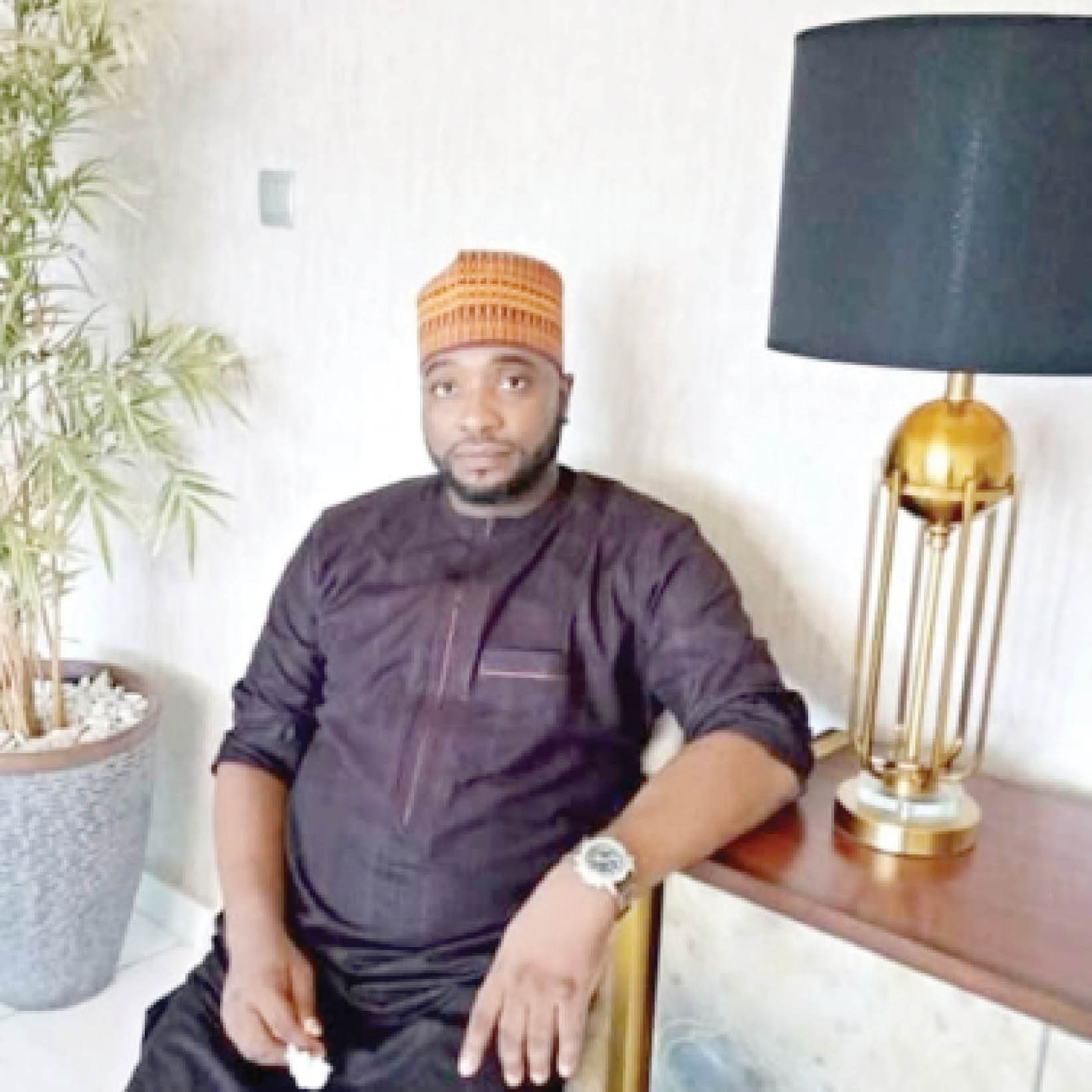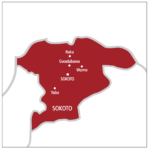Ahmed Musa Musawa is one of Alhaji Musa Musawa’s sons. Alhaji Musa Musawa is a former Youth Chairman of the Northern Elements Progressive Union (NEPU) and a one-time National Treasurer of the Peoples Redemption Party (PRP). In this interview with Daily Trust, Ahmed shares his childhood memories, his father’s love for Nigeria and some of the things people do not know about his father.
How would you describe your father?
My father is my mentor and friend. He taught me important values such as integrity, honesty and to always engage in things which are progressive in nature. He was a strong member of the PRP and Malam Aminu Kano was his mentor. He is also a passionate farmer.
- PDP presidential ticket will be zoned to North – BoT member
- #EndSARS: What really happened in Oyigbo?
While growing up, you must have done a lot of things together, what do you miss doing with him as a child?
Growing up, I did a lot of things with baba, but the thing I miss most is following him to the farm during holidays because it was surreal and peaceful. He once told me that ‘noma shine tushen arziki’ meaning, farming is the root of wealth and he cherished his farm called Manema farms. We are however trying to revive baba’s farm.
Which aspect of his personality do you think you inherited?
I think I have inherited his firmness on what is right and his honesty towards the common man. I think he got that from the teachings of Malam Aminu Kano.
Are you under any pressure to always live up to the name Musa Musawa?
Yes, always, because those shoes are hard to fill.
Has being a Musawa opened or closed doors for you?
Yes, being a Musawa has definitely opened doors for me and my family.
Describe your dad in three words.
He is an honest, incorruptible and firm human being.
How would you describe your dad’s relationship with his children?
My dad was a loving person and he gave us, his children, the best to the best of his ability.
If he wasn’t a politician, what other career do you think he would have excelled in?
He would have definitely excelled in farming.
While growing up, children tend to be mischievous and needed to be constantly cautioned; what phrase did your dad use to caution you or your siblings? Can you relate one of such experiences?
My father used his wisdom to correct us, he shouted sometimes, but never beat us. I remember one day, I was about six or seven years old and my age mates at the time were taking dollars from their parent’s briefcase. I was under so much pressure to meet up and so I and my younger brother took $300 from his briefcase not knowing it was a trap set by baba to correct whoever would touch that money. He left for Germany that day but dropped a letter with the guard for me. In the letter, he told me he saw me take what was not mine, and I should keep it until he returns which I did. Since that day, I learnt that I should never take what is not mine. That is just one of baba’s many lessons.
What actions or punishment from your dad did you dread as a child?
I dreaded his stick throwing and shouting when he is angry or upset. He was a true disciplinarian and a very strict man if I may say.
How does he relax?
Baba relaxes when he is farming
What’s his fashion style?
Baba fashion style is classic and elegant
What is his favourite sport?
He loves to play squash and fives.
What is his favourite food?
He loves tuwon shinkafa, miyan kuka and dan wake with mai da yaji.
What’s his favourite book and television programme?
His favourite book is ‘Things fall apart’, gidan kashe ahu and tubuleke was his favourite character.
Tell us one positive thing people don’t know about your dad?
Baba wanted Nigeria to work; he gave his all only to be left behind by the train. He always used to tell me that they pushed the car called Nigeria and when it started, it left them behind.
As a father, what parenting method of his have you imbibed in your family?
I have imbibed the culture of being honest and God-fearing.
What is one misconception about your dad you would like to set straight?
I would want to correct the impression that he stole government money. He was a businessman, a politician and a humble farmer, and those were the tools he used to train us.
Would you describe yourself as a daddy’s boy?
Not at all, he raised me to be an ‘aje pako’, a struggler; he raised me to be the best I can be. I believe there are two types of education one gives his children; one is the certificate and the other sacrifices; the certificate comes from the classroom while sacrifices come from the streets while growing up.

 Join Daily Trust WhatsApp Community For Quick Access To News and Happenings Around You.
Join Daily Trust WhatsApp Community For Quick Access To News and Happenings Around You.


